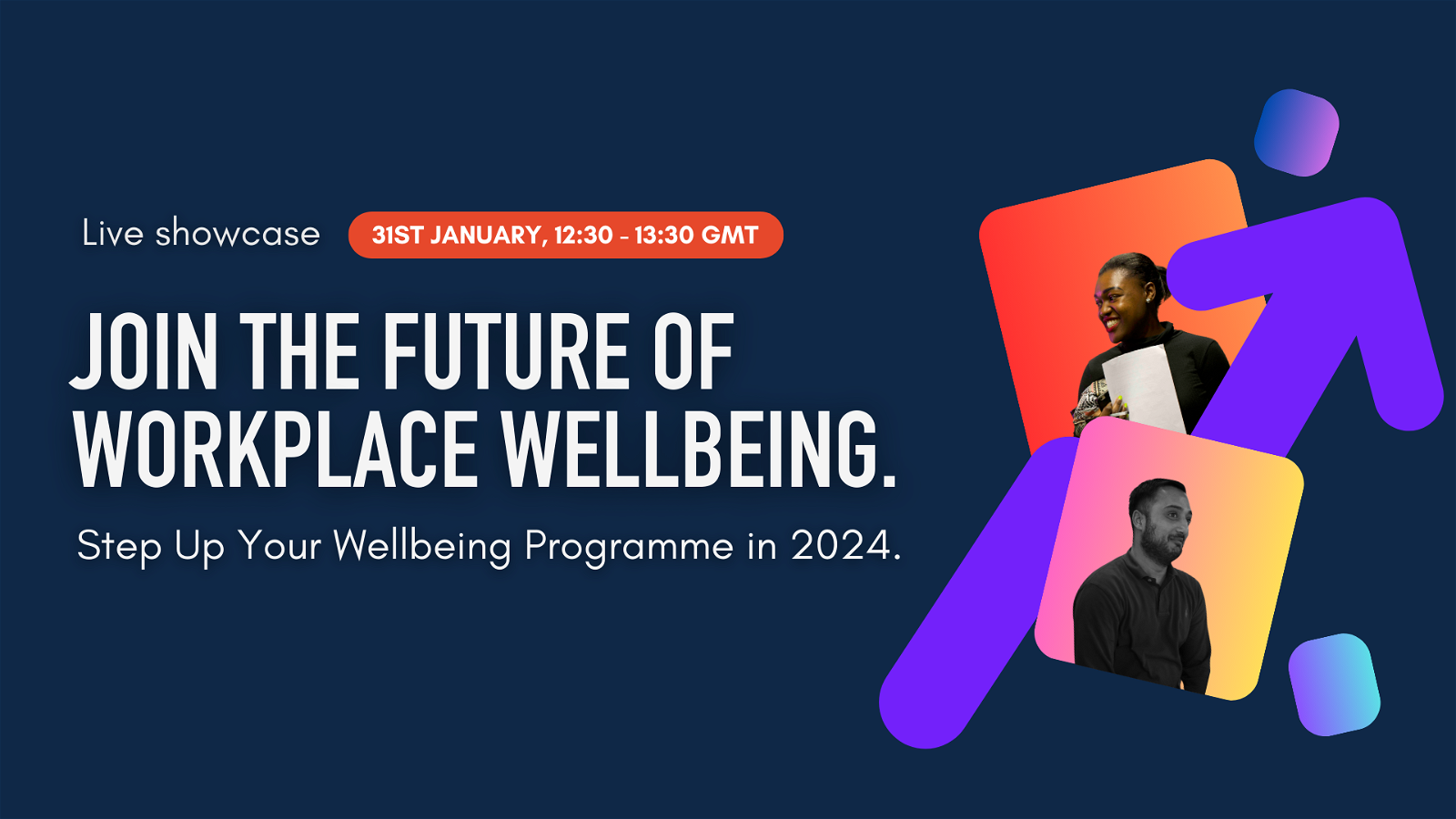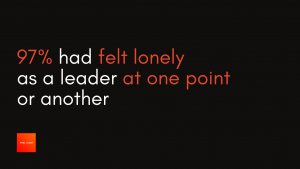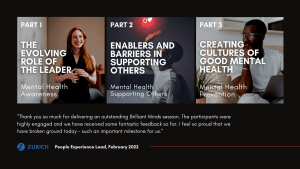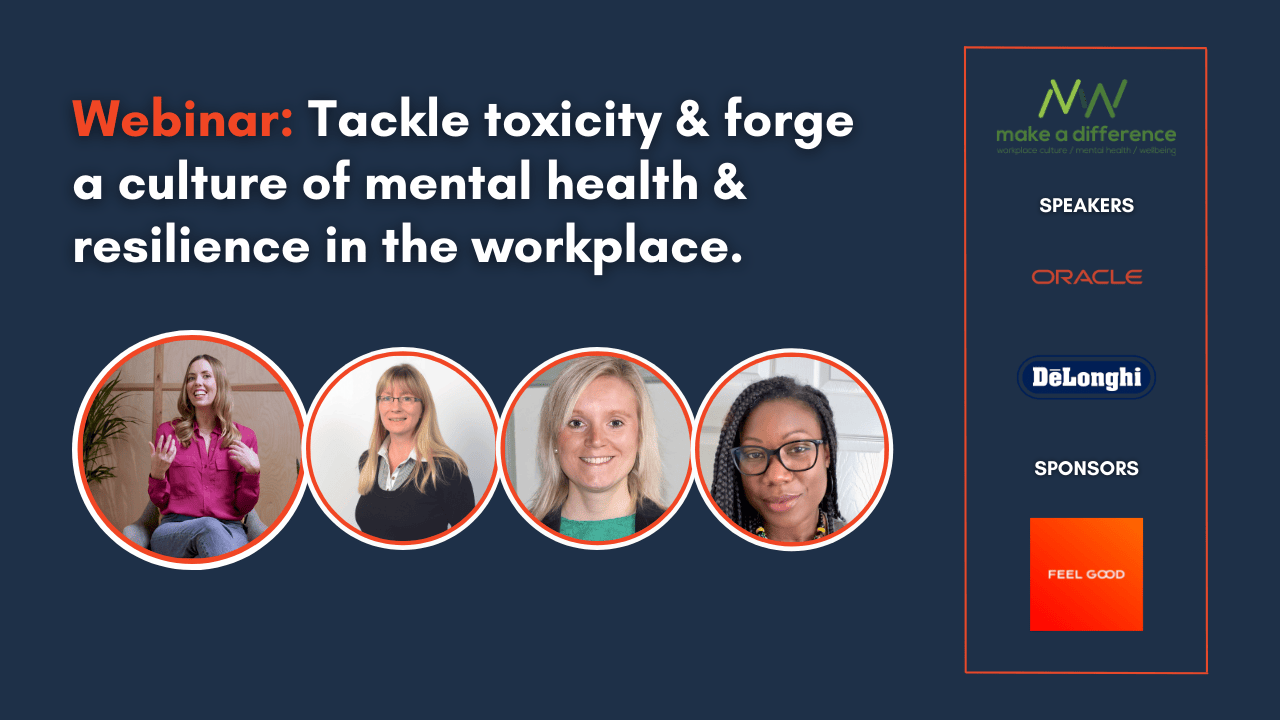Posted on: May 13, 2022
The impact loneliness has on leadership performance
Workplace loneliness has been a growing epidemic since before the pandemic, and employees are now lonelier than ever. Researchers argue loneliness will become w...
By Shivekiar Tashchioglu

Workplace loneliness has been a growing epidemic since before the pandemic, and employees are now lonelier than ever. Researchers argue loneliness will become what obesity currently is: a major public-health problem, reaching epidemic proportions by 2030 unless action is taken (Linehan et al., 2014).
According to one of the latest research reports by Campaign to End Loneliness:
- 45% of adults in England feel occasionally, sometimes or often lonely.
- 5% of people in Great Britain reported that they felt lonely “often” or “always” between 3 April and 3 May 2020, about the same proportion as pre-lockdown.
With this years May Mental Health Awareness Week’s theme being loneliness now is as good a time as any to explore the impact loneliness has on performance, in particular, the impact it has on a leader’s performance.
Loneliness is a professional hazard
Loneliness is a professional hazard, and this is especially true for leaders. In-depth interviews with C-suite executives conducted before the pandemic have revealed that top executives are more prone to be lonely due to the pressures of their role – increased social distance, lack of social support, and exhaustion related to the role (Zumeata, 2018).
In a more recent survey of 100 senior leaders by CTO Craft, almost 97% had felt lonely as a leader at one point or another, with 63.5% feeling lonely in their current role ‘sometimes’ and almost 19% feeling that way all of the time. The biggest cause of loneliness for this survey’s participants was a lack of connection with colleagues (24%) – something that is crucial for driving innovation, collaboration, productivity and morale.
Other reasons for leaders’ loneliness included:
- Misalignment in values/purpose (15.6%)
- Workplace politics (15.6%)
- Feeling left out (11.5%)
- Lack of trust from stakeholders (7%)
- Not being able to bring whole self to work (7.3%)
- Feeling misunderstood (4.2%)
- Lack of team trust (4.2%)
Over half of those surveyed felt the pandemic had increased their feelings of loneliness at work, with 54.2% reporting this to be exacerbated by remote working. For many, distributed working removed the opportunities for work-related social gatherings, the so-called ‘water cooler’ moments and the informal dialogue that can happen during in-person meetings or 1-to-1s.
Leadership loneliness has consequences
It is not only that leaders are more likely than others to be lonely, but isolation and loneliness at work are a special source of unhappiness for people at the top.
University of Houston Research Professor and New York Times best-selling author Brené Brown says, “A deep sense of love and belonging is an irreducible need of all people. We are biologically, cognitively, physically and spiritually wired to love, to be loved, and to belong. When those needs are not met, we don’t function as we were meant to. We break. We fall apart. We numb. We ache. We hurt others. We get sick.”
Leadership loneliness matters because it has a dampening effect on people.
When a leader is distressed and unable to acknowledge it, they may create echo chambers for their own comfort. This is a sure way to shut down genuine dialogue – the sort that leads to meaningful connection and better performance. Even subtle signs of discomfort from the leader will affect what those around them do and especially what they won’t do, namely, bringing their best thinking and strong motivation to work (Forbes).
Whether at the CEO level or someone entirely new to managing a team, isolation and loneliness can happen to anyone, and those who feel isolated can unintentionally come across as being aloof and distant. If the team then avoids you because of this, that makes it even harder to lead effectively.
Loneliness impacts performance
While unpleasant, loneliness also bodes poorly for performance. From the same CTO survey cited above, it was found that for those feeling lonely within or because of the workplace, their loneliness impacted:
- Motivation/Engagement (86.5%)
- Confidence in dealing with stakeholders (44.8%)
- Leading teams (34.4%)
- Productivity/Delivery (32.3%)
Loneliness impacts personal life
While this no doubt can cause a problem from a commercial perspective, the implications are far more wide-reaching. It comes as no surprise, probably, that loneliness in the workplace bleeds into people’s personal lives.
In fact, of the leaders questioned, over 77% said it had negative consequences for their general mood, self-esteem, self-confidence, and general engagement with friends and family (CTO Craft, 2021).
Loneliness impacts mental health
Ongoing or unresolved feelings of loneliness can have catastrophic effects on an individual’s mental health. Lonely people are typically more prone to major psychiatric disorders and cognitive decline and have an increased risk of dementia.
According to one 2010 study, “A sense of loneliness has also been associated with health risks that are equivalent to or exceed that of obesity or smoking 15 cigarettes daily”.
The results of the CTO survey corroborated these findings; the majority of those who had felt lonely in leadership had also suffered from other medical issues including anxiety, burnout, depression, and insomnia – with many suffering from more than one.
We need to redefine what leadership means
We know that loneliness can be a difficult issue for leaders to address – many don’t want to admit feeling lonely for fear of being seen as vulnerable or weak, or see loneliness as a necessary condition of success.
What perpetuates this lonely suffering is the traditional view of leadership we hold on to so tightly. In the traditional, and dare I say, occasionally testosterone-driven perception of leadership, the leader leads from the front, shows no weakness, puts on a tough front, and motivates their organisations to achieve even greater heights.
This pursuit doesn’t work in reality. Effective leadership is now not only defined by infallible authority and hitting business goals at all costs. It is equally critical for a leader to be relatable to their people. And it is vulnerability that can make a leader relatable and form meaningful connections.
“Vulnerability is the best measure of courage”, Brené Brown says, and it is critically important to performance. It is most often the vulnerable leaders who share their weaknesses and struggles that we find the most authentic, inspiring and easy to connect with.
Not only does vulnerability allow you to be your authentic self and to let go of the need to mask your experiences, but it is a powerful tool you can use to empower others.
Tap into the power of vulnerability
Sometimes, supporting others can be the best way to support ourselves. Taking the first steps to have those courageous conversations for the sake of someone else, can be the very support mechanism that helps you negotiate the moments of isolation and self-doubt. In fact, research identifies affecting and influencing others as a core coping strategy for the loneliness leaders face in their roles (Zumeata, 2018).
In our flagship Brilliant Minds Programme, we bring a totally new and fresh perspective to leadership mental health training – one that is highly relevant, practical, and collaborative.
We help you develop a holistic understanding of mental health and take you through the steps you can proactively take to be more vulnerable and authentic with your people. We teach everyday behaviours to create a culture of openness and support.
In depth, we explore:
- How today’s leadership has changed and the soft skills you need to be an effective leader
- Exercises and coaching methods to help you tap into your great repertoire of soft skills, and discover your strengths
- The signs of struggling and mental health so you can spot it in yourself and others
- Practical ways you can gain the confidence to be vulnerable and to have supportive conversations with your people
- Ways you can re-energise while supporting your people and organisation
With the spotlight on mental health and loneliness, this is your opportunity to re-imagine a shift in your working culture to embrace healthy leadership. Leadership that provides psychological safety, personal authenticity, openness and integrity, for a culture that is vulnerable, open and supportive – for the sake of yourself and others.
Other behaviours you can have on board to help you cope with loneliness are:
- Connect with the shared experiences of others: If you’re a leader feeling lonely, those feelings of isolation and vulnerability are shared by very many others in shoes and roles very similar to you. Engaging with the similar experiences of others – whether that is through reading blogs, books, attending talks or listening to podcasts – is a great way to connect with shared experiences and learn coping strategies and best practices.
- Practice self-awareness: Tune into your emotions and be honest with yourself about what you are feeling in the moment before you connect with your employees every day to protect yourself from an emotional overload, and your people from feeling the effects of it. Being in touch with your emotional self can also help you empathize with your team, feel their needs and see their perspectives better.
- Seek support: One of the hallmarks of a successful leader is knowing when to get help. This can be a trusted friend, an employee, or your partner. You can also look up an old mentor or connect with a leadership coach or a counsellor. Find someone to share your load with, who can help you regain perspective. Take that first step of vulnerability.
It can be lonely at the top. Instead of letting it compromise your health and effectiveness, take the steps you need to overcome it.
PSYCHOLOGY-POWERED SOLUTIONS THAT DRIVE IMPACT
Feel Good evolves how your people think, feel and perform with strategic thinking and engaging learning solutions powered by the latest organisational & behavioural science.
















